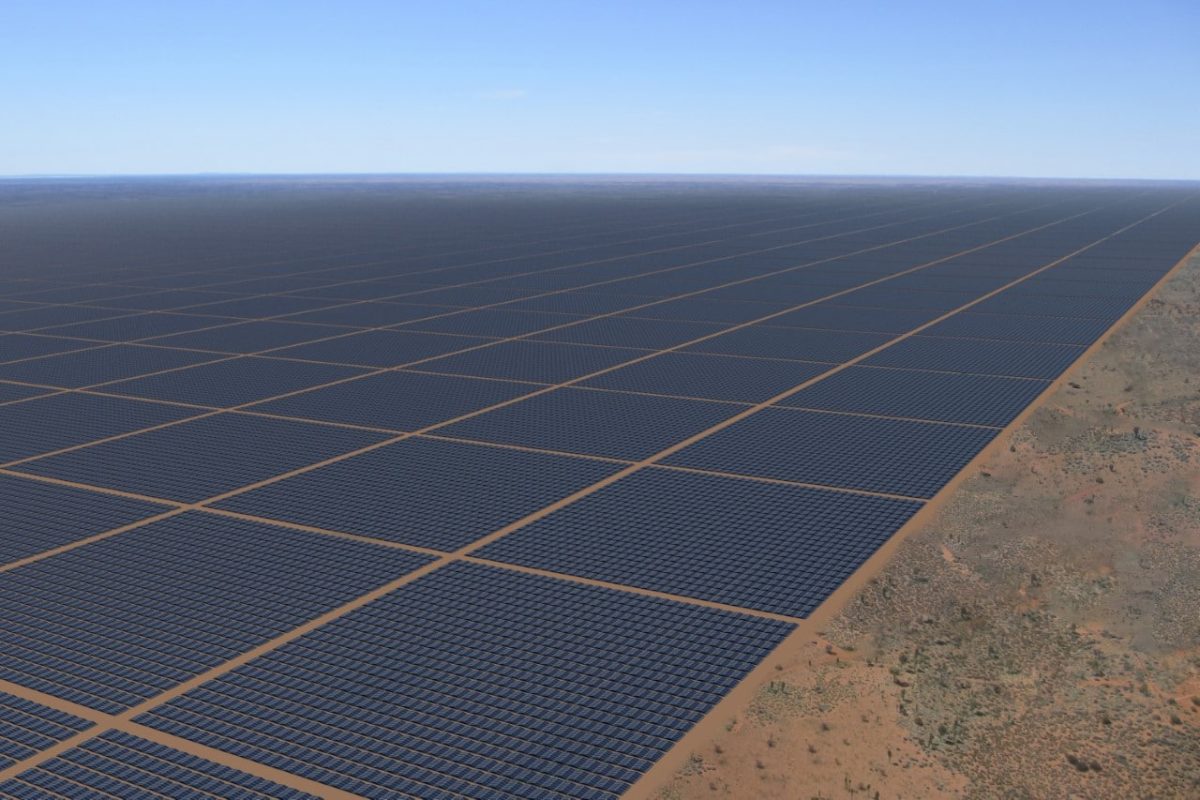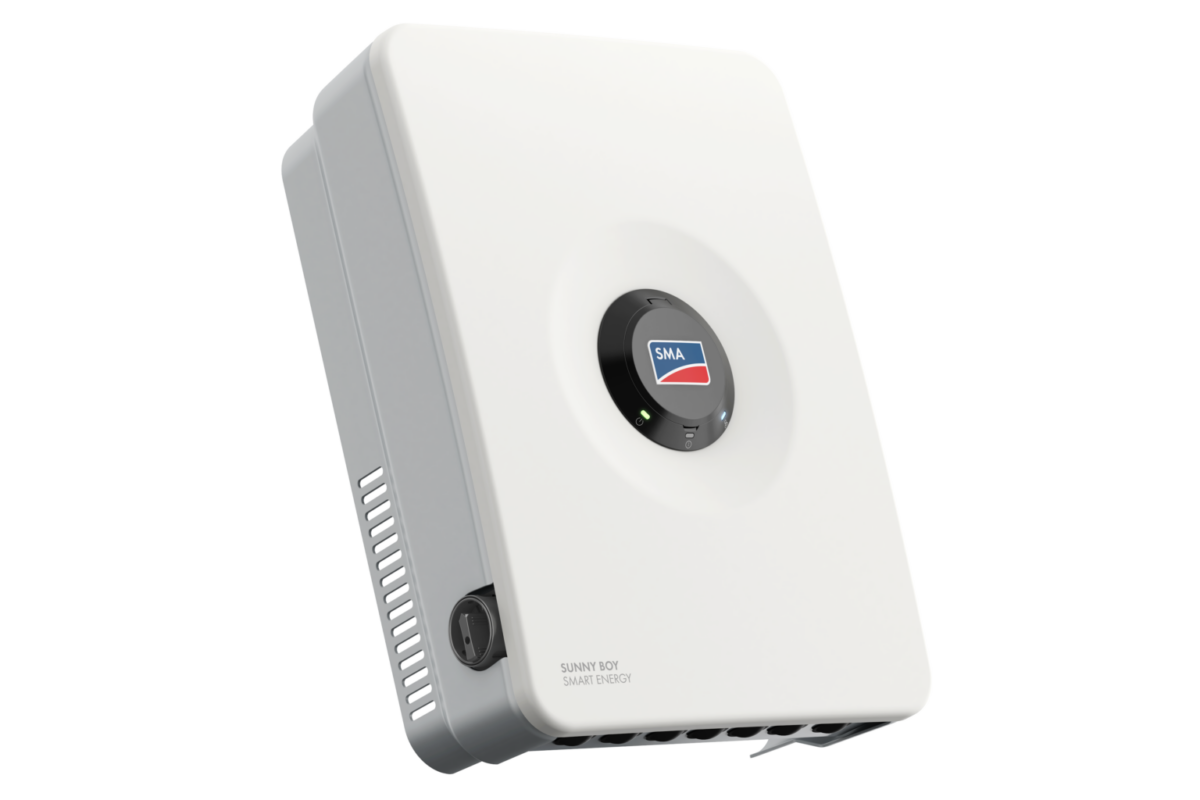Infrastructure Australia has provided its endorsement for the economic benefits of the Australia-Asia PowerLink (AAPowerLink), which would export solar power from the Australian outback to Singapore via a submarine transmission link.
The endorsement ensures that the project can advance to third-stage, “investment-ready” status on Infrastructure Australia's priority list, opening the door for government funding.
Singapore-based Sun Cable is seeking to develop a giant solar PV and battery energy storage complex on a 12,000-hectare site in Australia's Northern Territory. The project includes a 17 GW to 20 GW solar farm and between 36 GWh and 42 GWh of energy storage.
Once operational, AAPowerLink will supply power to Darwin and to Singapore via a 4,200-kilometer transmission network, including a 750 km overhead transmission line from the solar farm to Darwin and a 3,800 km submarine cable from Darwin to Singapore. The project is expected to generate enough renewable electricity to power more than 3 million homes a year.
“The Australia-Asia PowerLink will be transformative for the country on multiple fronts,” said PwC Australia Chief Executive Officer Tom Seymour.
After completing its own assessment of the economic impact of the project, Infrastructure Australia, which first added AAPowerLink to its Infrastructure Priority Initiative List in 2021, provided its endorsement, recommending the project for commonwealth investment.

Infrastructure Australia acknowledged that delivering AAPowerLink “will undoubtedly be challenging, but not insurmountable.” It said the project will support economic activity from spinoff industries to support the proposal’s construction and operation. The advisory body said the developers had produced a strong business case and were continuing to develop the project.
“The AAPowerLink is economically viable and will deliver significant benefits for Australia and our region,” said Sun Cable CEO David Griffin. “The AAPowerLink will enable a stronger economy for the long term through contracts, wages and economic diversification.”
The project has already secured key approvals, with the Australian government awarding it Major Project Status. The Indonesian government has also approved the submarine transmission cable route.
Sun Cable hopes to reach financial close by the start of 2024, with construction to start in the same year. The first electricity is expected to be supplied to Darwin in 2027, with the project to be fully operational by 2029.
This content is protected by copyright and may not be reused. If you want to cooperate with us and would like to reuse some of our content, please contact: editors@pv-magazine.com.




3 comments
By submitting this form you agree to pv magazine using your data for the purposes of publishing your comment.
Your personal data will only be disclosed or otherwise transmitted to third parties for the purposes of spam filtering or if this is necessary for technical maintenance of the website. Any other transfer to third parties will not take place unless this is justified on the basis of applicable data protection regulations or if pv magazine is legally obliged to do so.
You may revoke this consent at any time with effect for the future, in which case your personal data will be deleted immediately. Otherwise, your data will be deleted if pv magazine has processed your request or the purpose of data storage is fulfilled.
Further information on data privacy can be found in our Data Protection Policy.